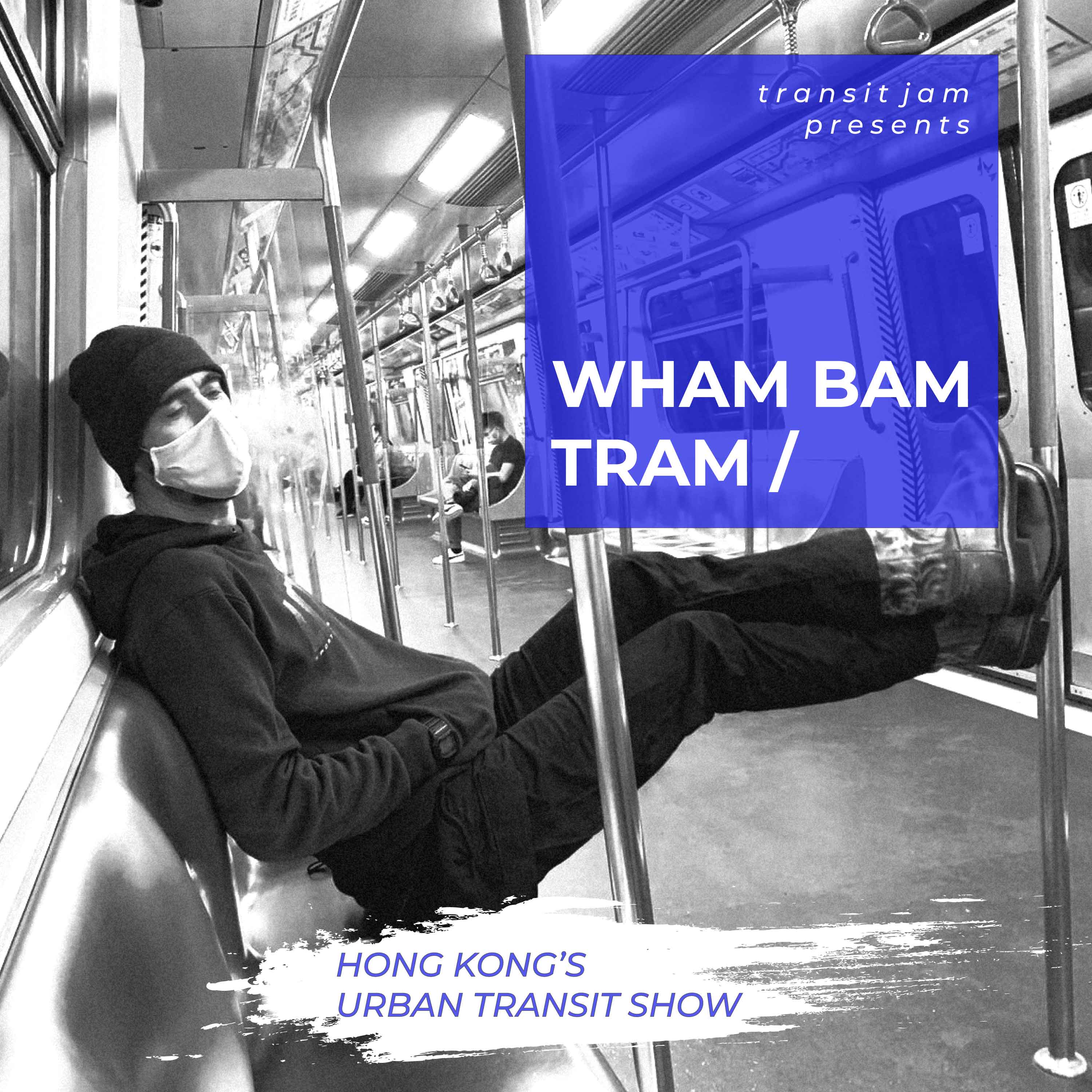
Poor taxi service quality is caused by a lack of competition, said the Competition Commission in opposing the Franchised Taxi Bill
Citing economic concerns for the taxi industry, the government has killed its legislative attempt to upgrade Hong Kong’s taxi service, stopping work on the Franchised Taxi Bill which would have seen 600 new “high quality” franchised taxis plying the streets.
“Franchised taxis would further aggravate the operating difficulties faced by the trade amid the economic downturn. and economic downturn affecting the taxi trade,” the government says in a statement.
The government planned to license new franchised taxis across three franchise operators, each allowed 200 premium taxis charging at fares around 50% higher than regular taxis and offering a so-called premium service to customers.
Critics said the number of premium taxis – just 3% of the 18,000-strong taxi fleet – was too small to make any difference in overall quality. Speaking to Transit Jam in August, transport sector lawmaker Frankie Yick, and now chairman of the LegCo Transport Panel, said he “didn’t know what the government was thinking of,” and that the scheme would likely just improve matters for “a few customers around the Peak or Mid-Levels but would do nothing for the trade as a whole.”
The Competition Commission also opposed the bill, claiming it wouldn’t increase competition or improve service levels. Lack of competition is the fundamental problem in the taxi business, it said, pointing out that there is “very little of the market mechanism, if any, that rewards those who [improve the quality of their service]”.
Competition Commission said the setting of franchised taxi flag fares at 50% higher than regular taxis would in fact, “diminish the likelihood of the scheme in improving quality, by design.”
The Commission give the example of electronic payment, for example Octopus, which is rarely accepted in Hong Kong taxis. “While a taxi owner might want to make payment more convenient for passengers, doing so will incur costs that may not necessarily result in more business. The flag fare is the same regardless,” said the Commission in a written submission to LegCo.
The Commission also pointed to the fast moving nature of technology, and that a telephone survey conducted in 2016 was used as the government’s basis for what constituted “premium” service. “It may be there is a demand for USB charging facilities, WiFi and 24-hour customer service hotline in 2019, but it is less clear what will represent ‘high quality’ in five years’ time,” it said.
The government says it will review the franchised taxi proposal and the way forward “in the light of public views and relevant circumstances”.
Meanwhile the government also says it will work harder to combat illegal ridesharing operations. “[We] will continue to take a multi-pronged approach comprising enforcement, education and publicity in combating illegal carriage of passengers for hire or reward,” a Transport Department spokesman said.
Categories: Law and Enforcement, Policy, Transit







it is very easy, i know what represents high quality now and in 5 years time: brushing your teeth and taking care of personal hygiene, not smoking inside the car, turning the CB radio volume down, and learning to use the gas pedal normally,